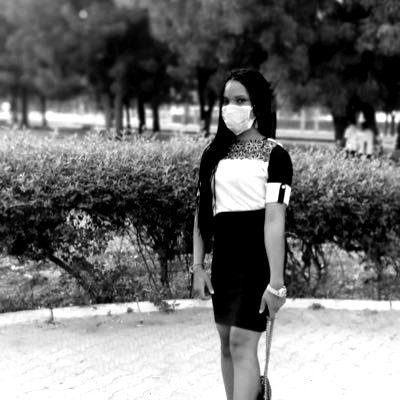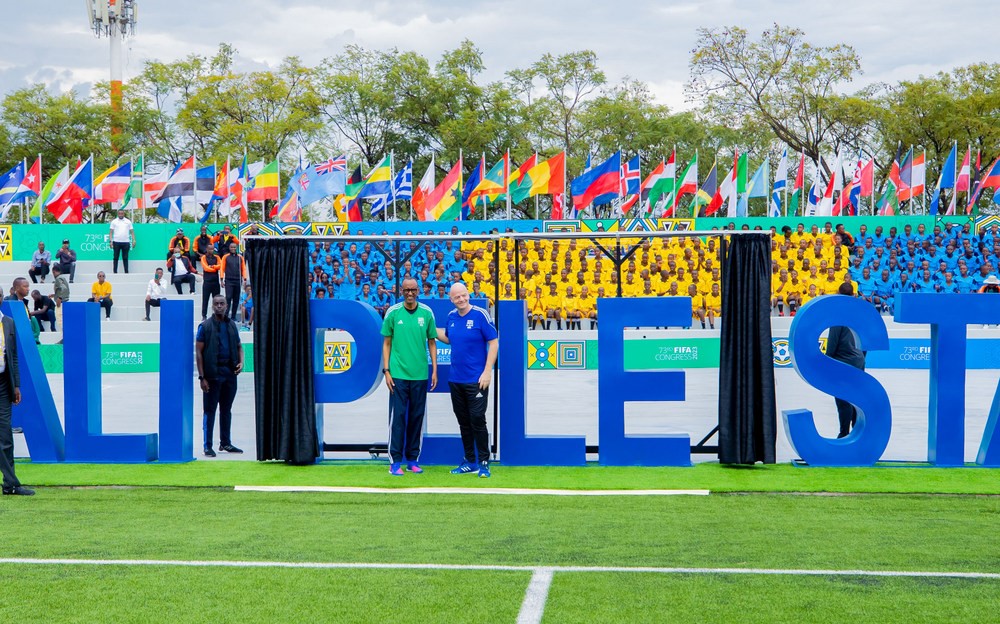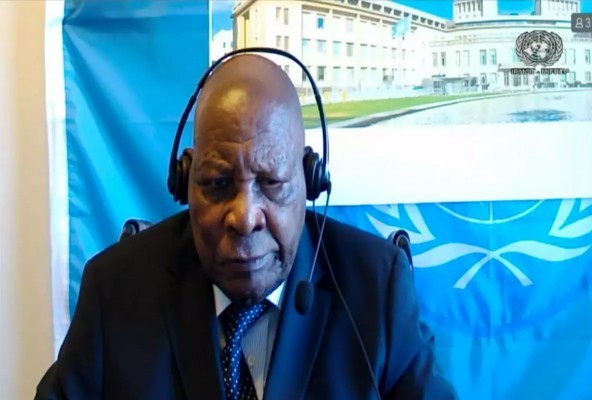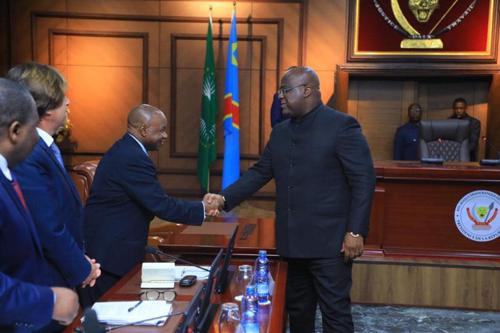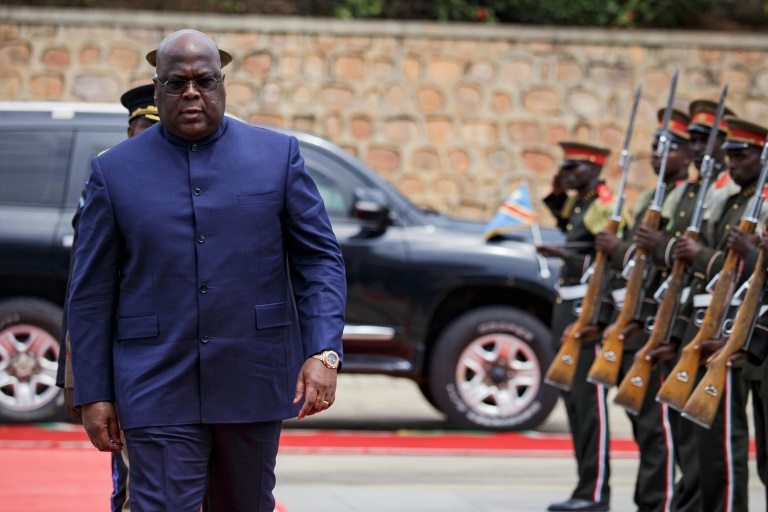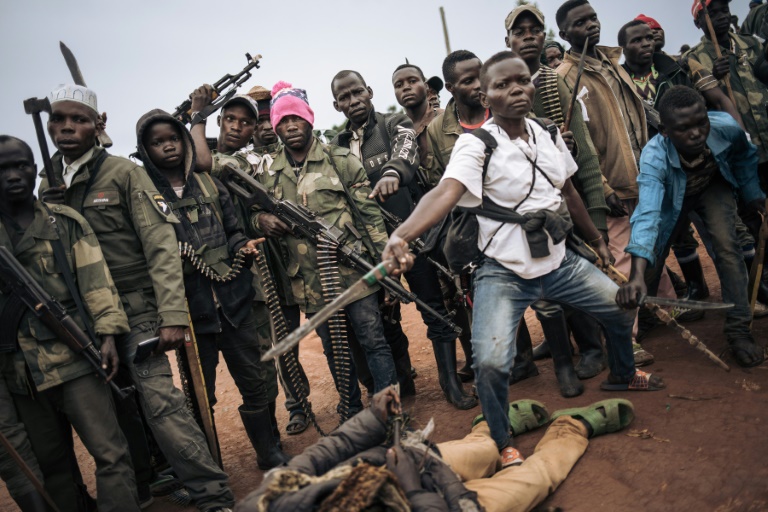Regional
UN Security Council supports diplomatic solution; will Kinshasa adhere?
.jpeg-20230317095634000000.jpeg)
A
United Nations Security Council delegation wrapped up a three-day visit to the
east of the Democratic Republic of Congo on March 12. During their visit, in
Goma, they held talks with local officials and toured a displaced persons'
camp.
After
receiving first-hand accounts of the effects of the ongoing insecurity on
civilians in the country, the delegation’s key take away was that dialogue is
the only way to solve the ongoing conflict.
One
council member clarified that the DRC’s challenge is not “balkanization” but
external intervention and the illegal exploitation of its resources. Another
noted the need to hold perpetrators of human rights abuses and crimes to
account.
"Diplomacy
must prevail. The way out of the crisis in this case can only be political, and
only be through negotiations,” said one council member. It has always been clear as daylight that
Kinshasa needs to end the violence through political dialogue. But all these
recommendations fell on deaf ears.
Instead,
the Congolese government finds a way to downplay all its failures to one single
factor – the M23 rebels and their alleged support from Rwanda.
Regional
political commentators describe the M23 as a ‘symptom of DRC state
mismanagement’, because, the eastern part of the vast country is home to more
than 130 armed groups including terrorists such as FDLR, and ADF, from Rwanda
and Uganda, respectively.
Thousands
of people have been killed and displaced because of the violence brought by
these armed groups. But only the M23 is blamed for all the chaos.
The
withdraw of all armed groups from the territories they occupied was a
requirement from both the Luanda, Nairobi and Bujumbura processes, and a
condition to initiate dialogue with their government. This requirement was not
respected by any armed group except the M23.
Several
reports have indicated that the M23 rebels have withdrawn from their occupied
areas of Sake, Karuba, Muremure, Kibumba and Rumangabo. The East African
Community Regional Force (EACRF) has taken over these areas.
One
would have expected President Félix Tshisekedi, to honor the agreements has
signed, and finally dialogue with the rebels as was the recommendations. But he
turned his back once again, and is tarnishing the image of M23 by calling them ‘terrorists’ and blaming all the
insecurity on them.
Political
dialogue with the M23 is the only solution to the crisis. The recommendations
of the UNSC delegation will not change anything without Kinshasa’s political
will to rectify the situation.
UN failure to address hate speech
Meanwhile,
the UNSC did not tackle the issue of hate speech against the Congolese Tutsi,
or the violence perpetuated against them, and the targeted killings that are
constantly being documented all over social media, against their communities.
This
continued persecution and consistent threat to the lives and livelihood of
Kinyarwanda speaking Congolese forced hundreds of thousands to seek refuge in
neighboring countries.
On
different occasions, the UN Special Adviser on the Prevention of Genocide,
Alice Wairimu Nderitu, issued statements, expressing her concern on the
deterioration of the security and human rights situation in eastern DRC.
She has issued statements warning about the
existing indicators and triggers of a simmering genocide in the country. How
such a delegation failed to address the issue, especially after visiting areas
that are most affected, is questionable.
The UN
Security Council team, clearly, had a mission far from finding a solution to
the insecurity crisis in eastern DRC.


